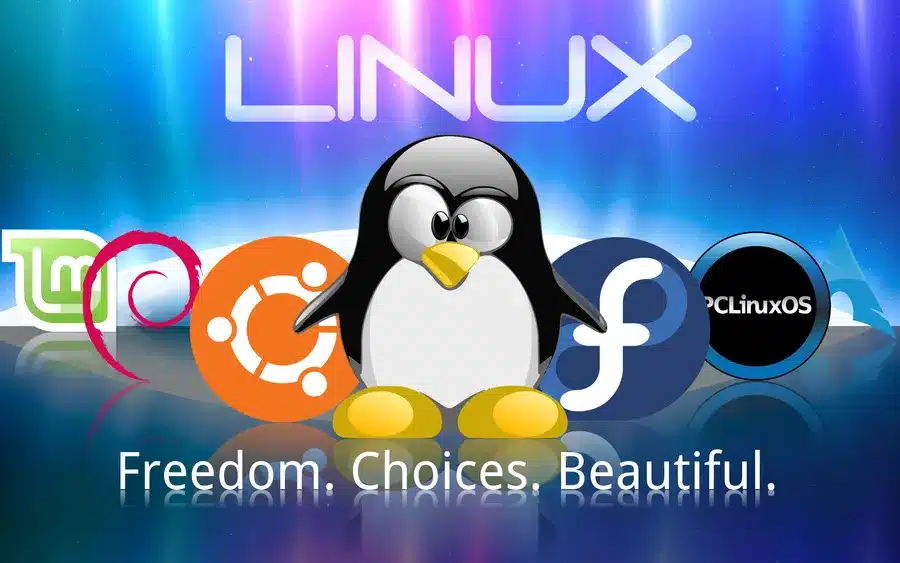Understanding Linux: A Simple Guide
What is Linux?
Linux is a free operating system inspired by the Unix. Understanding the Linux Kernel. It’s widely praised for its adaptability, robust security, and ease of use.
Here’s a simple breakdown:
Understanding the Linux Kernel Key Features of Linux
Open Source: The source code is freely available for anyone to use, modify, and share.
Kernel: The core part of the operating system that manages hardware and software interactions.
Why Choose Linux?
Free: No need to pay for licenses, making it an economical choice.
Secure: Known for being highly resistant to viruses and malware.
Customizable: Highly adaptable to meet various needs and preferences.
Linux Kernel:
- Hardware Manager: It helps your computer talk to its parts, like the screen and keyboard.
- Stability: Keeps your computer running smoothly without crashing.
- Security: Protects your computer from bad stuff like viruses.
- Updates: Gets regular improvements to make it better.
- Basic but Important: Without the kernel, your computer wouldn’t work!
Understanding the Linux Kernel Popular Linux Distributions
Ubuntu: User-friendly and perfect for beginners.
Fedora: Known for its cutting-edge features.
Debian: Valued for its stability.
CentOS: Ideal for server environments.

Common Uses of Linux
Desktops: Perfect for everyday activities like web browsing and office work.
Servers: Powers a significant portion of the world’s web servers due to its reliability.
Embedded Systems: Utilized in devices such as routers and smart TVs.

Understanding the Linux Kernel Benefits of Using Linux
Free and Open: No cost involved, and the code is transparent and modifiable.
Stable and Reliable: Rarely crashes, ensuring smooth performance.
Secure: Less susceptible to viruses compared to other operating systems.
Getting Started with Linux
Installation: Linux can be installed on most computers and can coexist with other operating systems.
Software: Access a vast repository of free applications through package managers.
Community: A robust support network available through forums and extensive documentation.
Thank You

